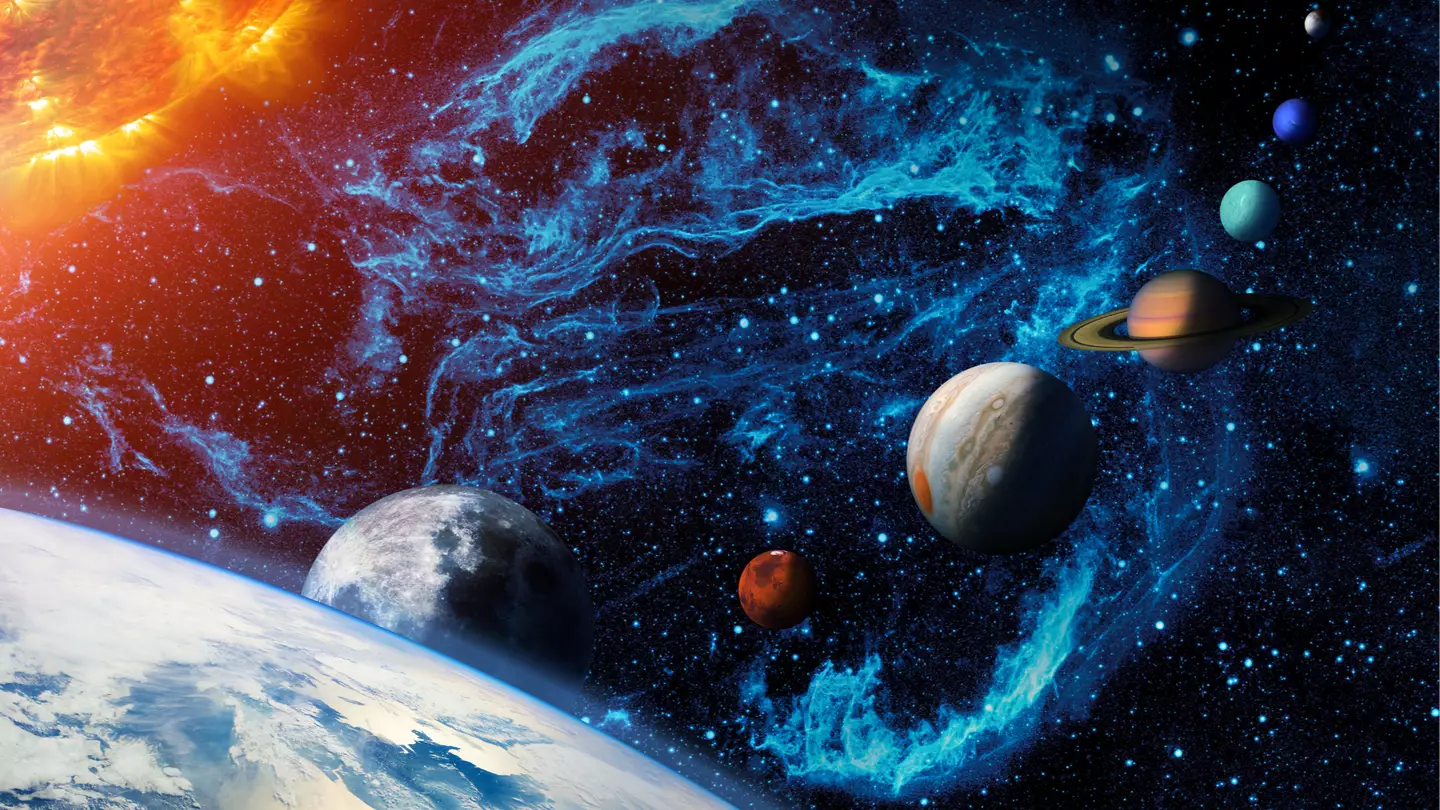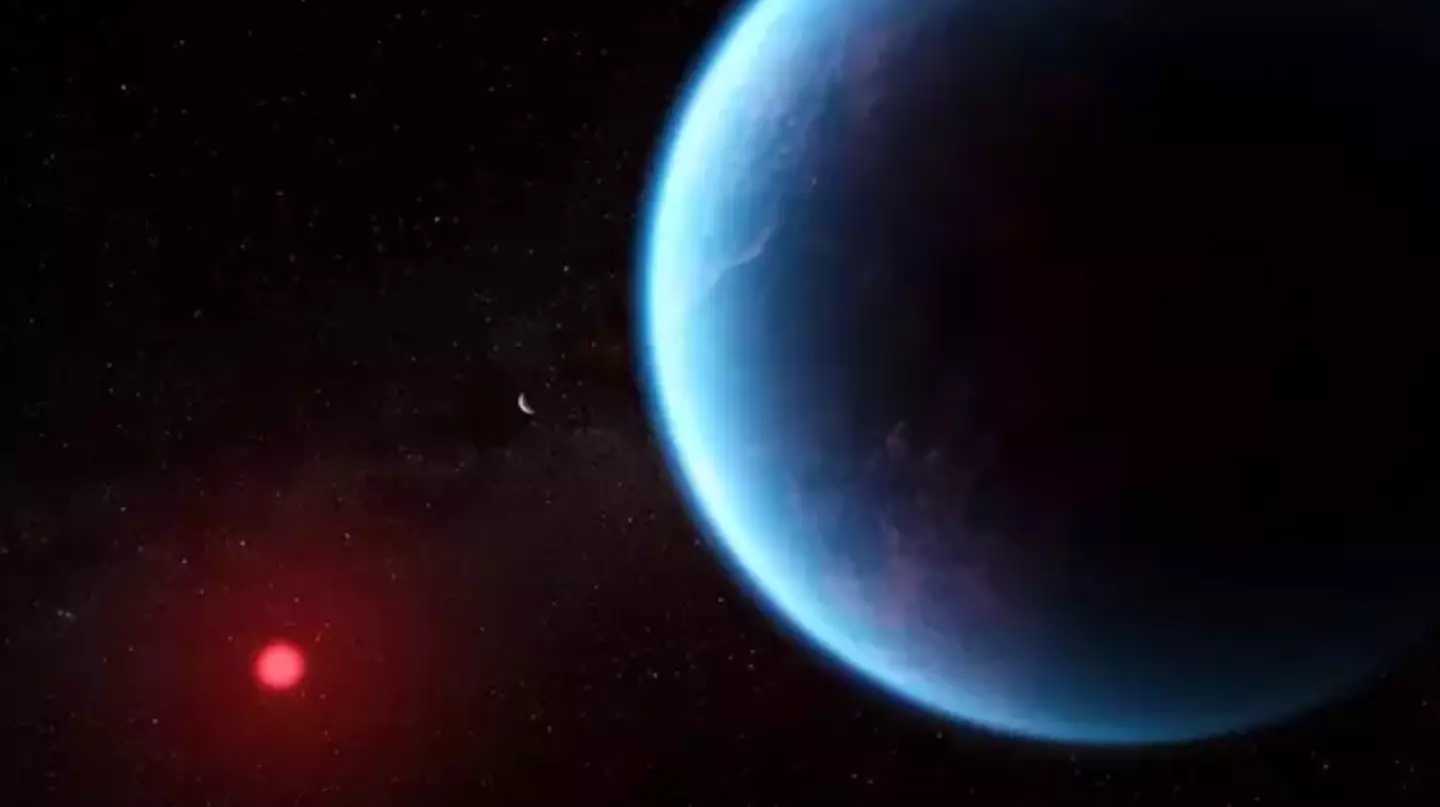
Scientists believe that they've discovered a new planet which may be part of the Earth's solar system.
Thanks to advancing technology such as the James Webb Space Telescope, science boffins are constantly discovering more and more about our cosmos.
In recent years alone we've seen images from further away than people from just 20 years ago might have ever imagined, while the Mars Rover continues to beam back interesting signs of life on Mars.
With billionaires keen to get involved in the space industry, our discoveries are only going to increase, although whether renowned astronaut Katy Perry will have anything to do with them, I'm not so sure.
Advert
The latest discovery was found right on the edge of the solar system, much like the child picked last in PE, and is approximately 46.5 billion to 65.1 billion miles away.

Scientists are still divided over whether this actually exists. NASA named the alleged planet 'Planet X', which will no doubt delight Elon Musk.
Fortunately, naming rights usually go to the ones who discovered it, and given the ongoing theme of Greek and Roman mythological gods, it's unlikely that it will stay as Planet X for too much longer.
While Pluto was infamously reclassified back in 2006, Planet X is actually around 20 times farther away from the sun than Pluto is, so it must be a real kick in the teeth for fans of the dwarf planet that this new kid on the block might be taking its place.
"It is pretty amazing to think that something as big as Neptune could be sitting out there and no one would have ever noticed it,” Gary Bernstein, an astronomer at the University of Pennsylvania told Science.
“But if you put it far enough away, it gets fainter and fainter very fast."
A team of astronomers from Taiwan, Japan, and Australia used 40 years' worth of data from two space probes to track the astral object, which they believe could be an ice planet similar to Neptune or Uranus.

It was back in 2016 when evidence of a large gravitational force far beyond Neptune was first noticed.
In a breakdown of Planet Nine, NASA said: "It could also make our solar system seem a little more 'normal.'
"Surveys of planets around other stars in our galaxy have found the most common types to be 'super Earths' and their cousins — bigger than Earth, but smaller than Neptune.
"Yet none of this kind exist in our solar system. Planet Nine would help fill that gap."
However, some scientists say the candidate for Planet X found in this new study would actually be a completely different planet because it's much further away, and would also disprove the original Planet X hypothesis as if both planets existed they would make each other's orbits unstable.
Others thought the 'faint dots' used as evidence of Planet X wouldn't stand up to much scrutiny as the findings are reviewed.
For those of you hoping to learn about some signs of life on Planet X then I unfortunately have some bad news. Life there isn't likely to be easy, with only extremophiles, microbes that can survive and thrive in incredibly harsh conditions, seemingly capable of existing there.
This likely won't be the last you hear about Planet X, and it could soon be officially classified as the ninth planet (sorry Pluto) in our solar system.
